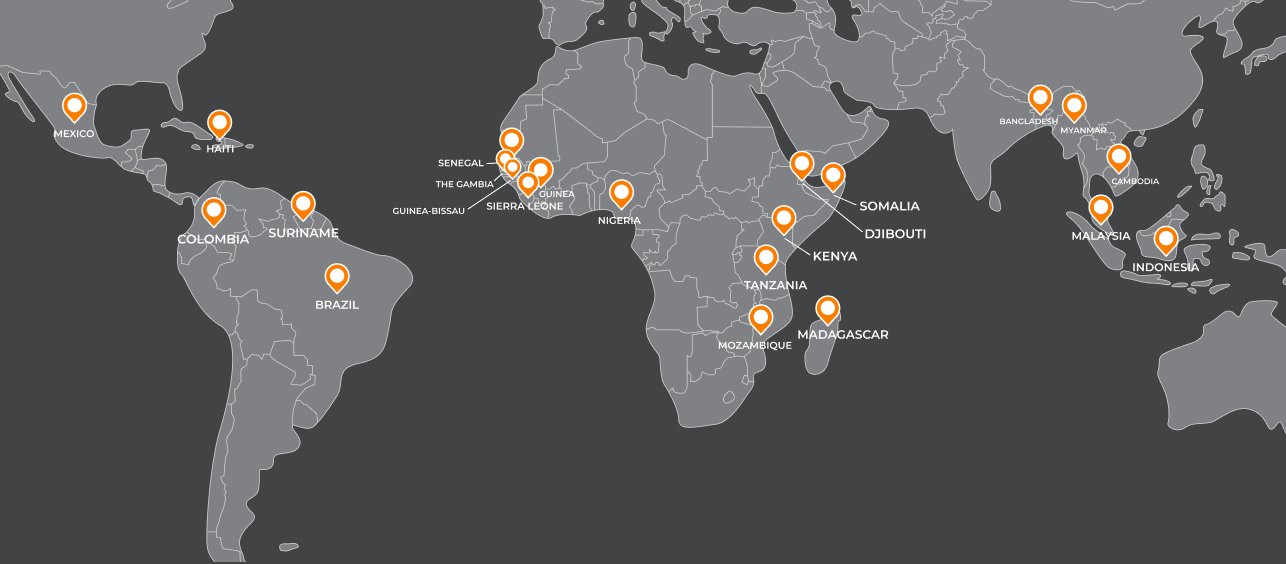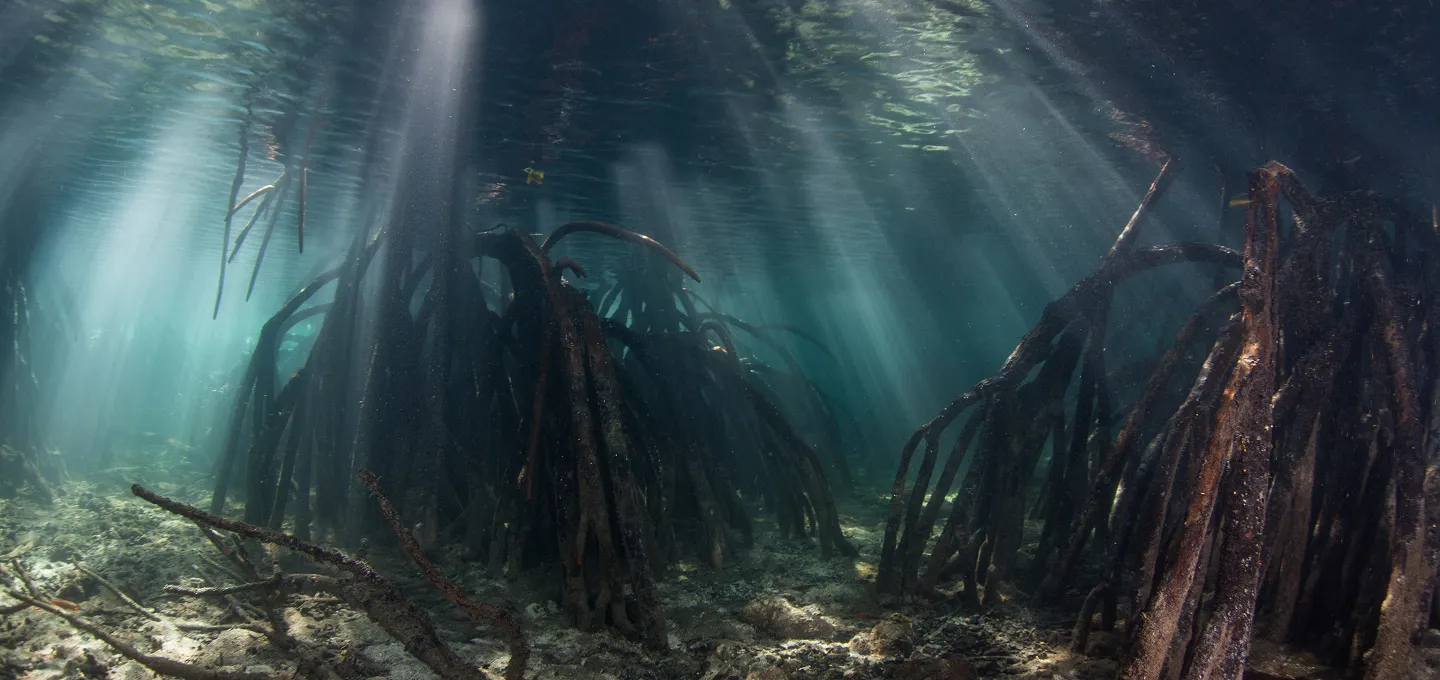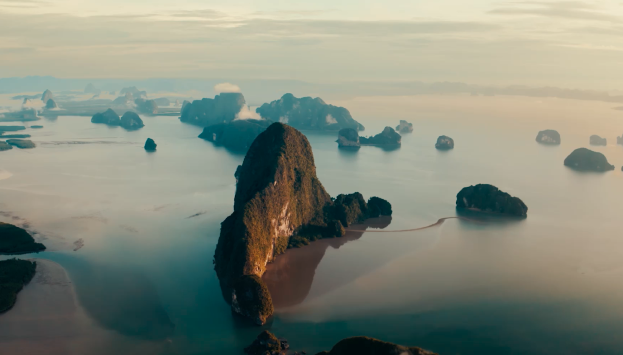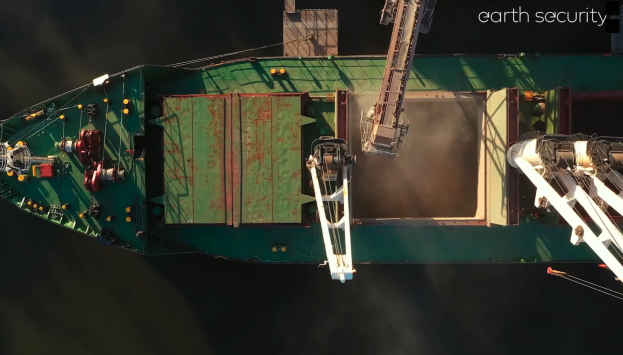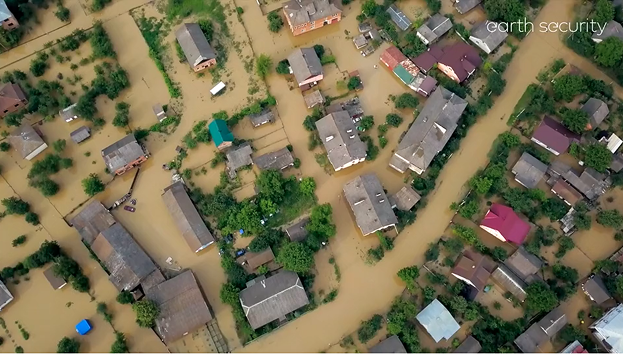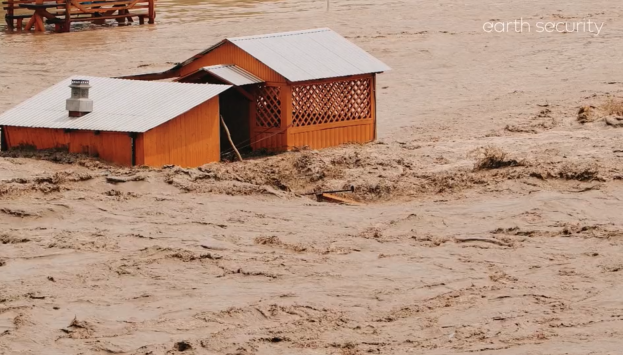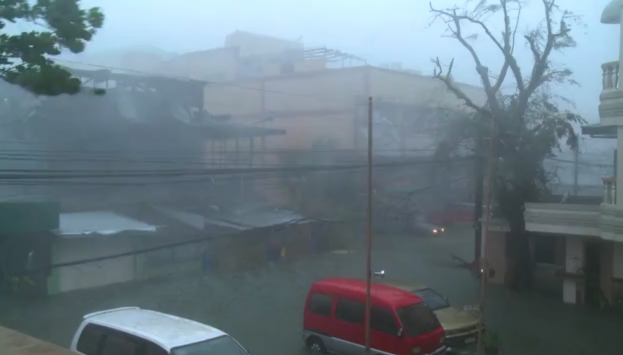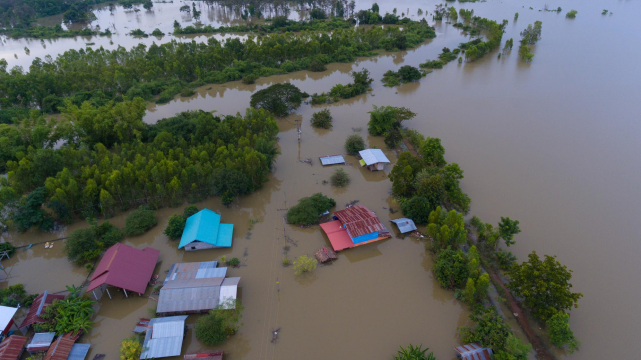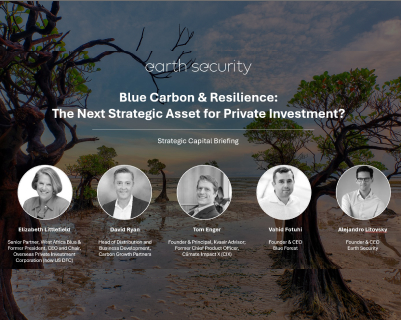Earth Security and UBS are partnering to create The M40 Initiative, drawing on the proposal and blueprint developed by Earth Security to catalyse the financing of mangrove ecosystems on a global scale. The initiative was presented at Temasek Foundation's Philanthropy Asia Summit at the Ritz-Carlton in Singapore, a meeting seeking to catalyse partnerships and aggregate financing from Asia’s leading investors and philanthropists towards some of the planet’s most pressing challenges.
Earth Security Founder and CEO, Alejandro Litovsky, delivered the summit’s opening keynote with a compelling case for making natural capital central to the investment thesis of companies, investors and governments. He was introduced by August Hatecke, UBS Singapore Country Head, who announced US$2 million funding commitment from UBS Singapore and UBS Optimus Foundation to Earth Security to help kick-start the M40 initiative, with a further commitment to match 10 percent of any other funding provided by its clients.
Alejandro Litovsky said: “The urgency of the global climate and ecological crises we face requires new ideas and international mechanisms to scale financing for natural capital. The M40 Initiative develops a new and agile way to partner with governments, NGOs and companies to develop the financing needed across 40 of the most important global hotspots of the world’s remaining mangrove ecosystems.”

at the Philanthropy Asia Summit
The M40 is a concept developed and first presented by Earth Security in January 2021, in the report, ‘Financing the Earth’s Assets: The Case for Mangroves as a Nature-based Climate Solution’. The report - co-funded by UBS Optimus Foundation - identifies 40 hotspots across the planet’s tropical and subtropical belt that account for 70% of the world’s mangroves, currently storing a whopping 3 billion tons of CO2, and provide a series of innovative finance opportunities, including high quality blue carbon projects, that need to be developed at scale.
Coastal communities across the tropical belt of the planet bear most of the burden from climate change, and the rapid loss of natural ecosystems and their protective value is increasing their vulnerabilities. Fifty percent of mangroves have been already lost globally, with the fastest deforestation rate in Asia. The coastal protection provided by mangrove ecosystems saves an estimated US$65 billion a year in avoided losses due to storms; they can sequester four times more carbon dioxide than terrestrial forests, and can double the incomes of local communities by increasing marine biodiversity, especially crabs, shrimps and other species that support local livelihoods.
“Demonstrating that mangroves can be an asset for sustainable local economies, and that governments, companies and investors have a role to play in financing these assets in a new way, is a major task to change the trajectory of an ecosystem that has the fastest rates of deforestation globally”, Litovsky added.
About UBS
UBS provides financial advice and solutions to wealthy, institutional and corporate clients worldwide, as well as private clients in Switzerland. UBS is the largest global wealth manager, and a leading personal and corporate bank in Switzerland, with a large-scale and diversified global asset manager and a focused investment bank. The bank focuses on businesses that have a strong competitive position in their targeted markets, are capital efficient, and have an attractive long-term structural growth or profitability outlook.
UBS is present in all major financial centers worldwide. It has offices in more than 50 regions and locations, with about 30% of its employees working in the Americas, 30% in Switzerland, 19% in the rest of Europe, the Middle East and Africa and 21% in Asia Pacific. UBS Group AG employs more than 72,000 people around the world. Its shares are listed on the SIX Swiss Exchange and the New York Stock Exchange (NYSE).
Learn more about the M40 Initiative here or get in touch.
Explore the reports
The Earth Security Index Reports provided in-depth analysis of critical themes across selected industries and market geographies, enabling investors to anticipate and respond to emerging global dynamics. Download and explore the full Earth Security Index reports:






